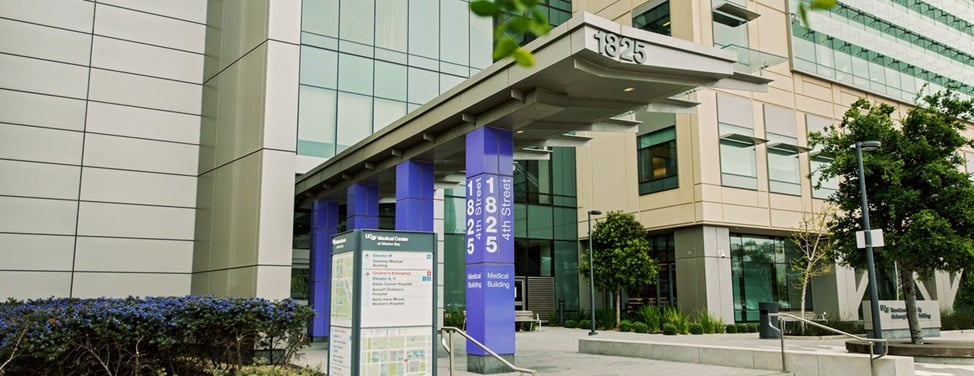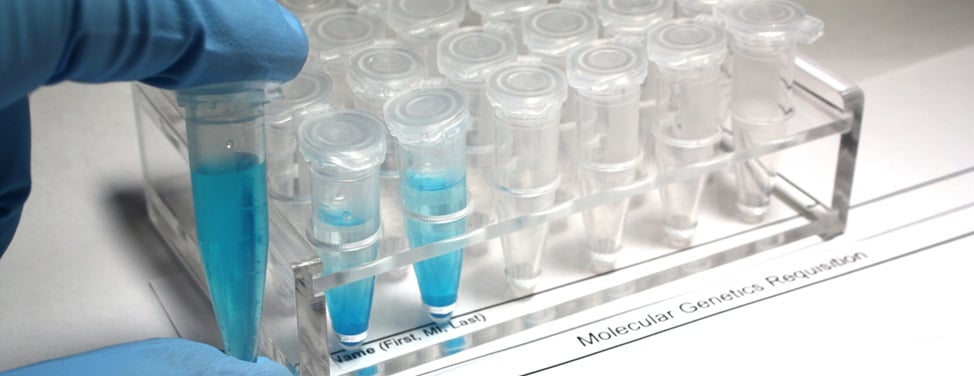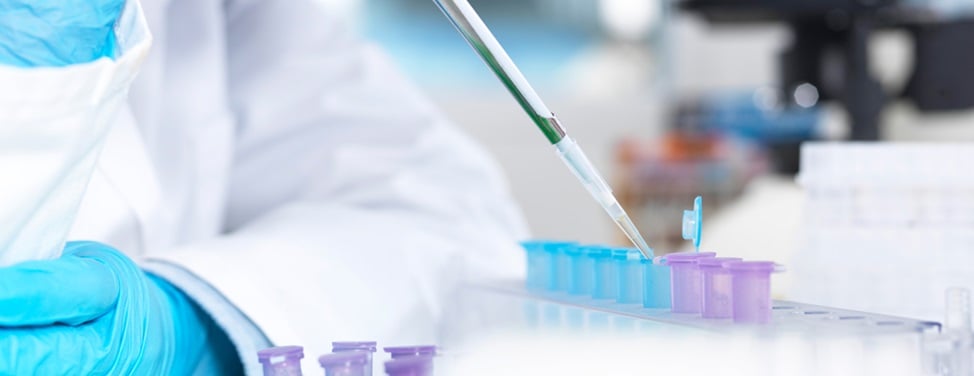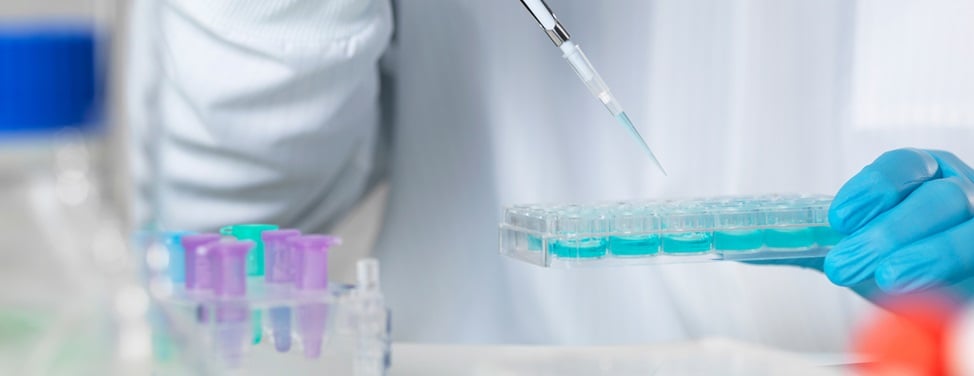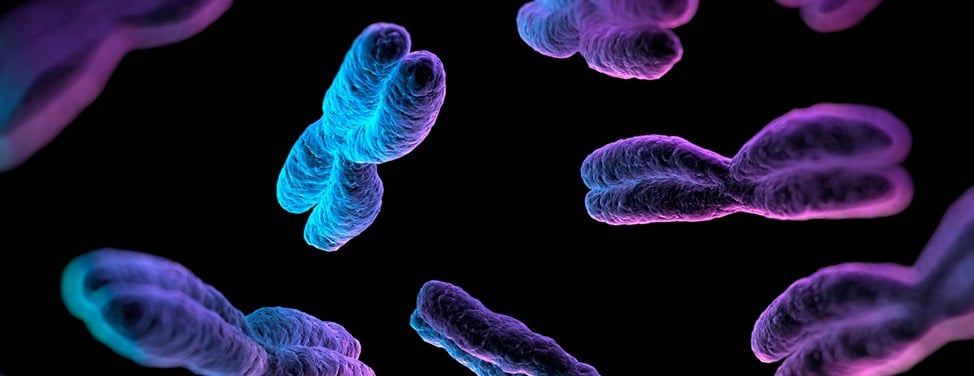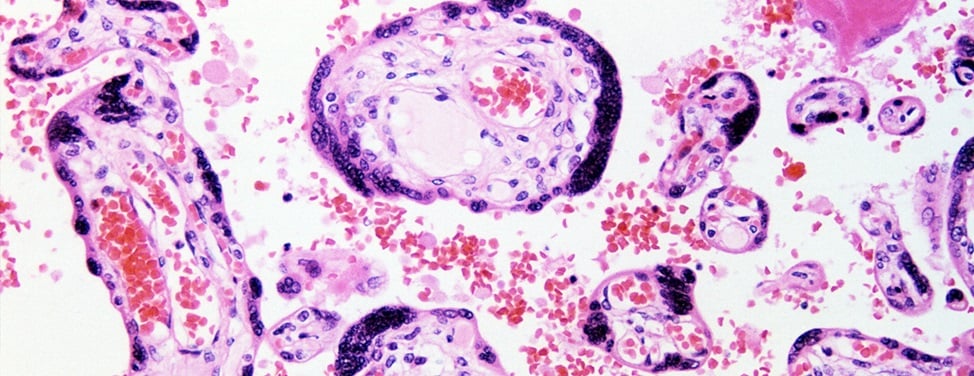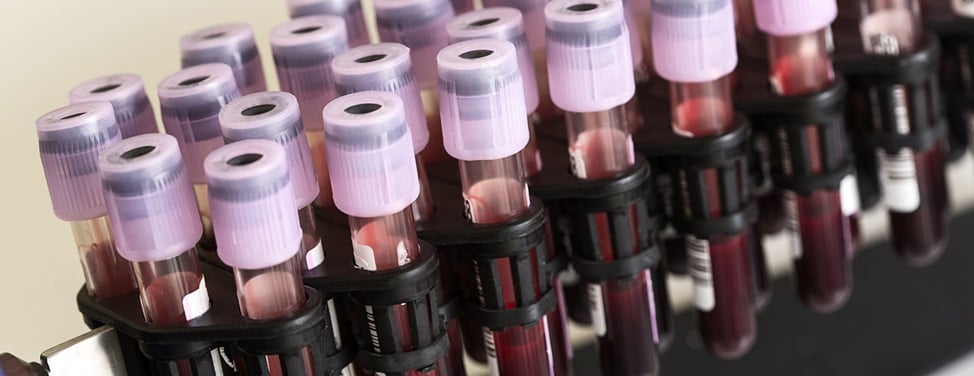- What is genetic carrier screening?
- What conditions does genetic carrier screening detect?
- What are my screening options?
- What kind of results might I receive?
- Do I need genetic carrier screening?
- Which conditions are included in expanded carrier screening?
- What are the next steps after a positive test result?
- Are there risks associated with carrier screening?
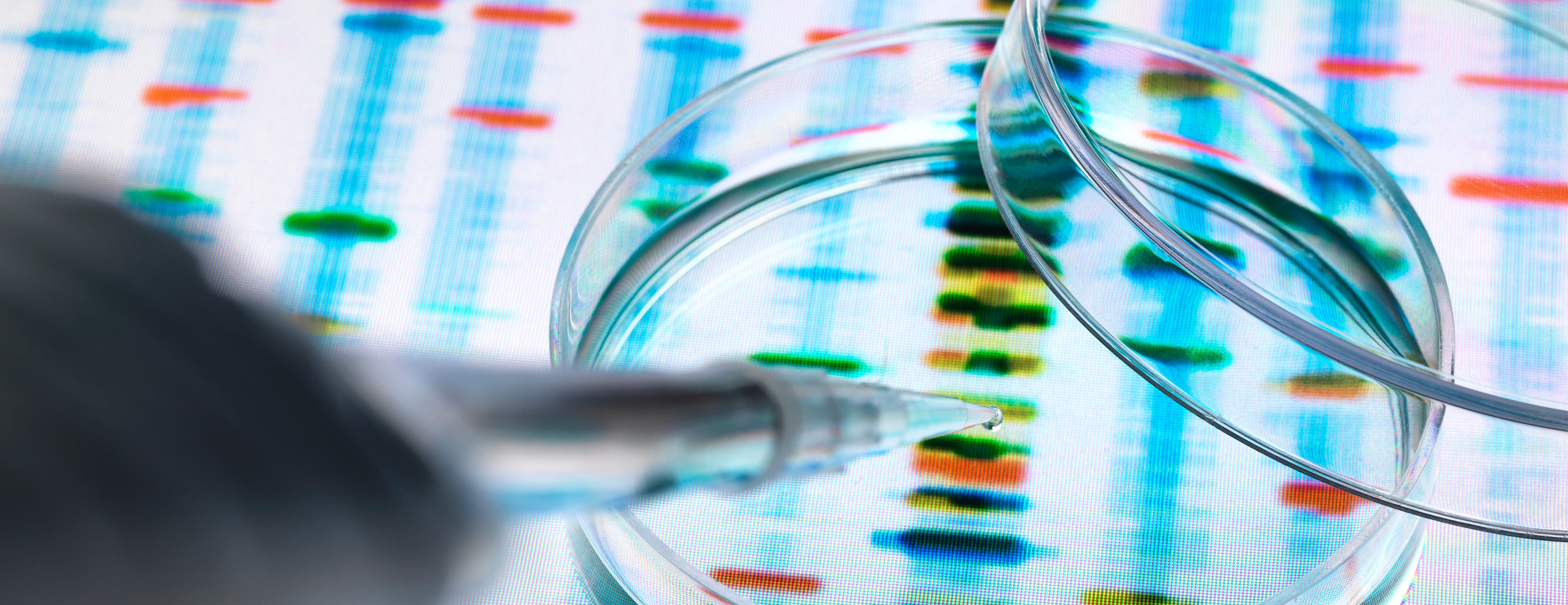
FAQ: Genetic Carrier Screening
What is genetic carrier screening?
Carrier screening is an optional test to learn whether someone carries a genetic mutation that could increase the risk for an inherited condition in a biological child. Although carriers can pass on a condition, most do not experience symptoms of that condition. Carrier screening is not intended as a comprehensive health risk assessment for an individual or a pregnancy.
Pregnancies begin in many ways, and each family is unique. To obtain useful genetic information, it's important to evaluate the person whose egg will be fertilized to create the pregnancy (the egg contributor) and the person whose sperm will fertilize that egg (the sperm contributor).
Genetic carrier screening can be done using a sample of either blood or saliva.
What conditions does genetic carrier screening detect?
Genes come in pairs, with one copy inherited from each biological parent. If both biological parents are carriers for the same genetic disease, there is a one-in-four (25%) chance of the condition occurring in each of their pregnancies.
Most conditions detected by carrier screening are inherited in an autosomal recessive manner, which means that each biological parent contributed one mutated gene to the pregnancy.
Carrier screening can also detect recessive conditions that result from mutations of genes on the X chromosome (one of the two sex chromosomes). These conditions are most likely to pose a pregnancy risk if the egg contributor is a carrier.
What are my screening options?
All genetic tests are optional for every patient. You may choose any of the following:
- Basic carrier screening. Carrier screening for cystic fibrosis (CF), spinal muscular atrophy (SMA) and conditions that occur more often in people of certain ethnic groups
- Expanded carrier screening. Carrier screening for more than 100 genetic conditions, including CF and SMA
- No carrier screening. Some people choose not to have carrier screening because:
- The pregnancy is not genetically related to the person carrying it.
- The sperm contributor is not available for testing.
- They don't wish to know the estimated risk for certain genetic conditions in a pregnancy.
What kind of results might I receive?
When screened for a large group of conditions, more than half of people find out they carry at least one genetic condition.
- Positive. A positive result means you are a carrier for the specific condition or conditions listed. Because most conditions are recessive (expressed only when inherited from both biological parents), knowing the carrier status of both biological parents is important for estimating the chance of the condition occurring in a pregnancy.
- Negative. A negative result means you were not found to be a carrier for the specific condition or conditions listed. There is a small chance that someone with a negative test result could still be a carrier, because screening doesn't detect all carriers.
Do I need genetic carrier screening?
You may wonder whether to pursue carrier screening if you don't have a family history of genetic conditions. Carrier screening is always optional. However, having no family members affected by an inherited condition doesn't lower the chance that you are a carrier. Because these conditions are recessive, they can be passed down for generations with no apparent symptoms.
Which conditions are included in expanded carrier screening?
Expanded carrier screening can detect more than 100 conditions. To see the full list, visit the website of the lab performing your test.
What are the next steps after a positive test result?
If a result indicates that you carry a genetic condition, carrier screening will be offered for the other biological parent. If both parents are found to be carriers of the same condition, you'll be referred to the UCSF Prenatal Diagnostic Center to speak with a genetic counselor. This is a professional who can help you interpret your test results so that you can make informed decisions.
Are there risks associated with carrier screening?
As with any genetic testing, there is a chance that carrier screening will reveal new information about your health. For example, you could be diagnosed with a genetic condition or receive other unexpected personal health information. Genetic counselors can help you understand, process and follow up on information received from genetic carrier screening.
UCSF Health medical specialists have reviewed this information. It is for educational purposes only and is not intended to replace the advice of your doctor or other health care provider. We encourage you to discuss any questions or concerns you may have with your provider.






